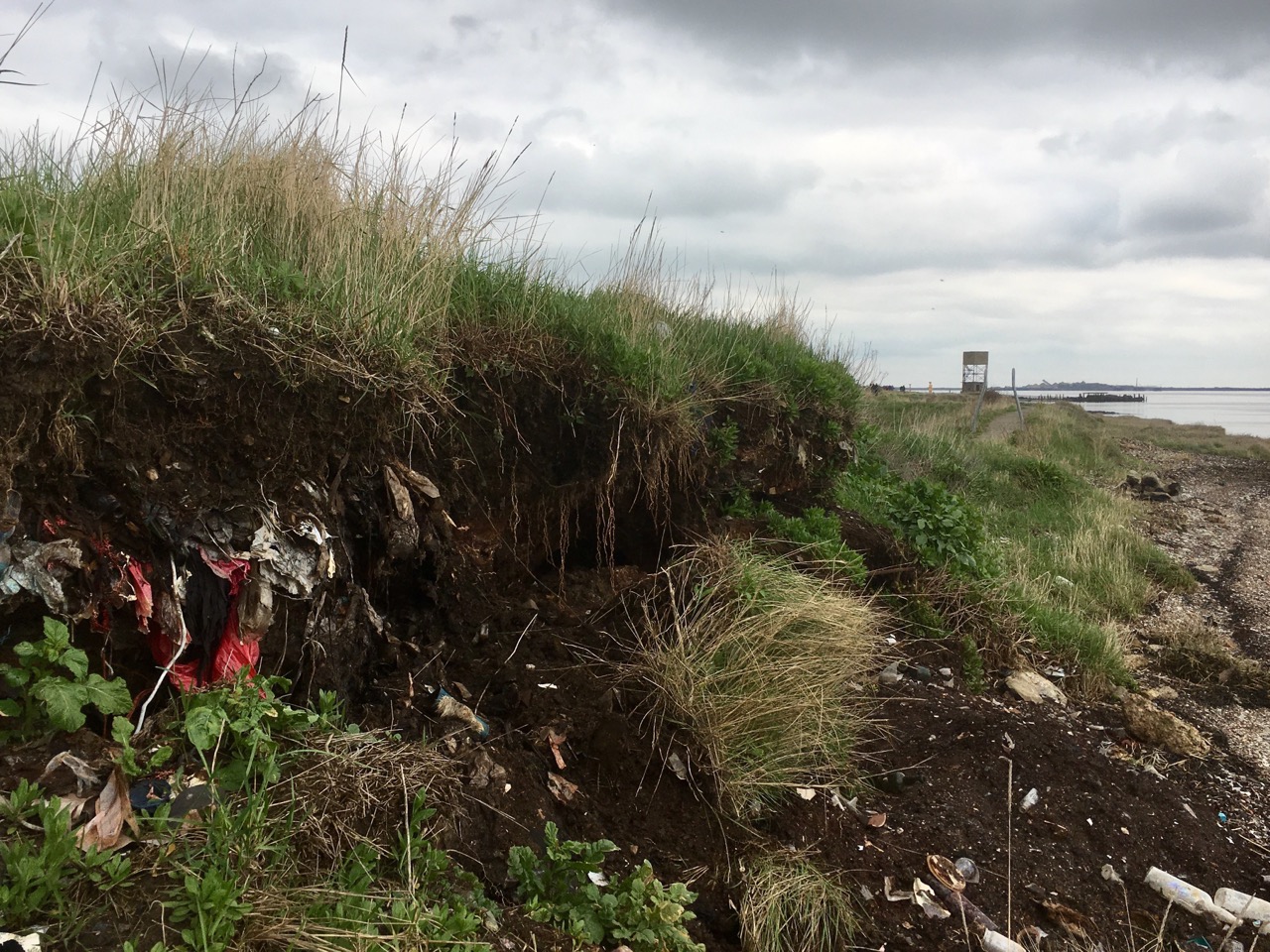Two fully funded PhD studentships in the School of Geography

We are seeking to appoint two PhD students to join our research team working on the transdisciplinary UKRI and Defra funded project Resilience of Anthropocene Coasts and Communities (RACC).
RACC seeks to assess the impact of coastal erosion and pollution release from historic coastal landfills on communities and habitats, and to co-develop policy and practical interventions with stakeholders. Further details of the project can be found here and here.
Within the project there will be opportunities to collaborate with our partner universities (University of Glasgow, Kings College London, University of Bradford and University of Sunderland) plus external stakeholders across multiple sectors and the wider COAST-R network.
The studentships, covering fees and a stipend, are for 42 months (3.5 years) and are funded through Queen Mary University of London. The stipend for 2024/25 is £21,237. Note that the studentships are open to UK applicants only. Successful applicants can start in September/October 2024 or January 2025.
We welcome applications to any of the four topic areas below:
1. How can policymakers and communities respond to environmental risks when the evidence base is highly uncertain and objectives are conflicting?
The development of any policy response to an emerging risk requires some understanding of the magnitude and probability of the relevant hazard. But how can effective responses to emerging environmental hazards be co-developed by policymakers and communities when the underlying evidence base is uncertain? Moreover, how can the objectives of different stakeholder groups be reconciled when they are apparently conflicting? This project would suit an applicant with a humanities or social science background.
2. Applying remote sensing and machine learning techniques to understand and predict coastal change in the UK
Coastal erosion in the UK is an accelerating problem that requires urgent attention on multiple fronts: understanding the processes; predicting future erosion; and the development of sustainable policy responses. In this project, we aim to tackle the prediction issue, whilst bringing in elements of understanding and policy implications. In particular, we will look to conduct machine learning experiments integrating datasets of different spatiotemporal scales, including from remote sensing sources. This project would suit an applicant with a geographical and/or numerate background.
3. Understanding the Geomorphological Characteristics of Anthropogenic Coasts
Over 1700 coastal historic landfills are currently at risk of tidal flooding and/or erosion in the UK. The release of wide-ranging solid wastes to coastal environments will significantly influence their physical characteristics. Waste materials could be highly variable including plastics, metals and highly polluted particulate material or inert textiles, wood, ceramics and glass. In order to manage these anthropogenic coasts, we need to understand their geomorphological characteristics and dynamics. Many of these sites are being disturbed by a combination of direct human activity and natural processes, making existing models of natural coastal erosion ineffective. Working alongside environmental geochemists and policy experts, this project will use cutting edge computational (machine learning, image classification) and remote sensing (Terrestrial Laser Scanning, UAV-SFM) techniques alongside numerical modelling to quantify the current erosion and transport of contaminated sediments from these sites and predict future erosion under a range of climate scenarios.
4. The Environmental Impact of Pollution Release from Historic Coastal Landfills.
Over 1700 coastal historic landfills are currently at risk of tidal flooding and/or erosion in the UK with the potential to release wide-ranging pollutants including heavy metals, plastics and persistent organic pollutants. Currently, we have limited understanding and evidence of the impact these legacy landfills have on coastal environments and their ecosystem services. This project could explore the behaviour and fate of pollutants released from historic coastal landfill, their impact on a range of ecosystem services and/or develop fingerprinting techniques to distinguish landfill-derived pollutants from background contamination.
For the further details on any of the 4 topics please contact Dr Andy Russell (School of Geography, QMUL)
Application process
Send a CV (max. 4 pages) and a cover letter (max. 2 page) to racc@qmul.ac.uk that clearly identifies the topic that you are applying for. The cover letter must outline how your skills and interests align with your chosen topic and includes your ideas on the direction you would like to take the project if appointed.
Applications must be received by 11.59pm on Tuesday 20th August.